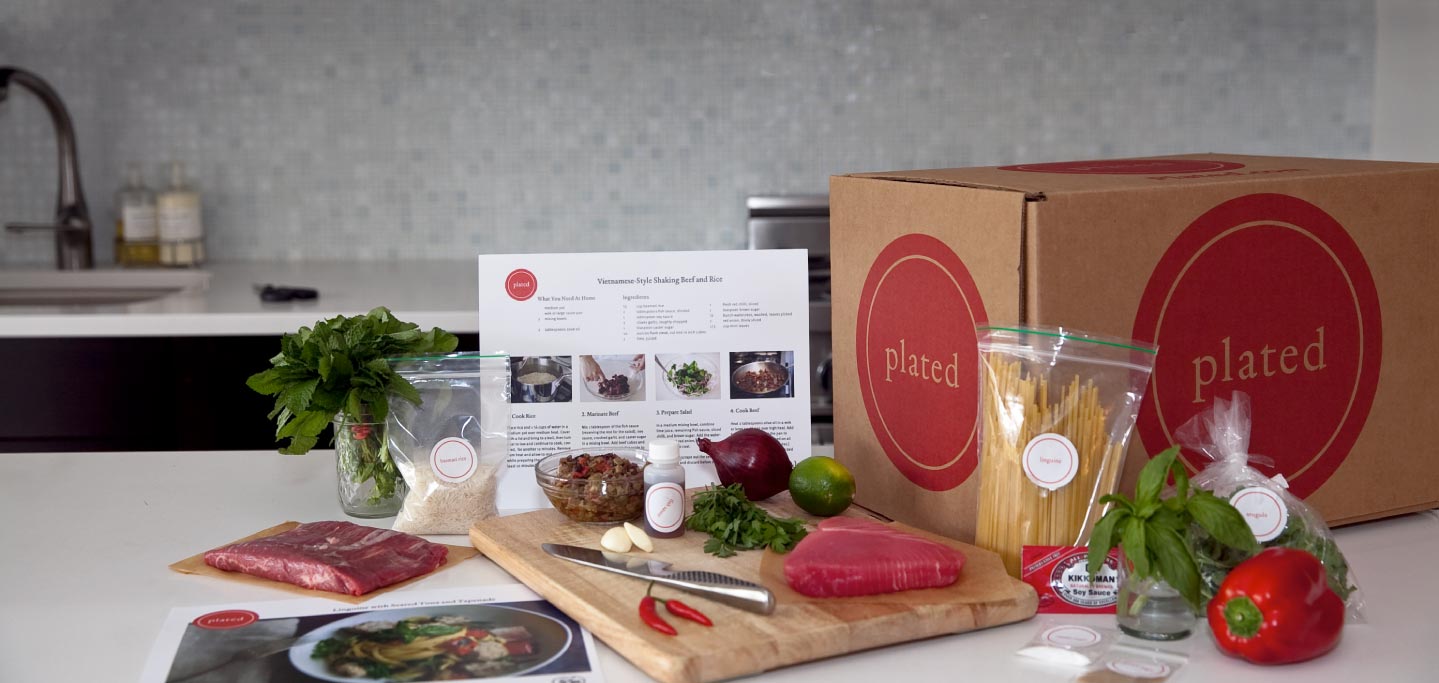If you’re looking to build a successful company, you’ll want to create something that solves a real problem. And if you do it right, you may even improve the lives of your users (while simultaneously bringing in as much cash as possible).
This concept is far from new; it’s the backbone of the tech industry, but there’s a growing trend in our space — let’s call it luxury-as-a-service — that does things just a bit differently. Instead of targeting arguably pressing issues, these companies target the inaccessible, and build services that hand high living over to the middle class.
Let’s first take a look at a few of the companies that made this trend vogue. Then, we’ll imagine what’s next.
Luxury Service Industry
Examples of this trend include top-tier startups, like the not-so-new, but still incredibly interesting, Uber.
Uber, alongside its long list of competitors, took the concept of having your own private driver and made it an accessible experience. To put the service in perspective, consider this: a private car in NY now costs about as much as a city cab.
Cost is only part of the equation, however. Just as high prices can be prohibitive, so can access. This is where companies like Craft Coffee, Tonx and Mistobox come in.
These companies ship tasting boxes of boutique roasts across the US. For many of these roasters, distribution is a nightmare — suburbanites face similar problems: they’re often stuck choosing between Folgers and Starbucks. Now, anyone can be a coffee snob lover. You can also be a foodie too, if you’re tempted by services like Plated and BlueApron. Really, this concept can be applied to any sector.

Beck and call
Alongside cost and access, companies like Postmates, TaskRabbit, Fancy Hands, and Instacart offer something closer to an all-encompassing approach. The key here is offering on-demand services, like one-hour deliveries, house cleaning and handiwork. WunWun, a personal favorite of mine, takes this idea a step further by making you feel like you have your own personal assistant.
Of course, eating a Cronut without waiting in line isn’t a world-changing idea on its own. Nor is it world-changing to switch from a standard coffee pot to a fancy Chemex. But as social network variations and photo-sharing services lose their lure, there is something incredibly powerful about democratizing services traditionally set aside for the rich.
What’s next?
With giants like Uber seeing success, and recent entrants receiving praise as well, this space is only going to grow. Sure, there will be services that aren’t worth the investments they receive, and there will be countless companies that arguably encourage laziness, but only because the unoriginal follow progress.
What’s next is the most exciting aspect of this trend, because the business models of companies like Uber can be applied to almost anything in need of an efficiency and accessibility boost.
From high-speed trips between cities that once required a personal jet, to at-home health care and affordable financial advisors. There are countless things in life traditionally possible for the few, but ripe for the many.
Most importantly, what sector is next?




